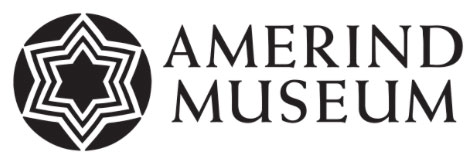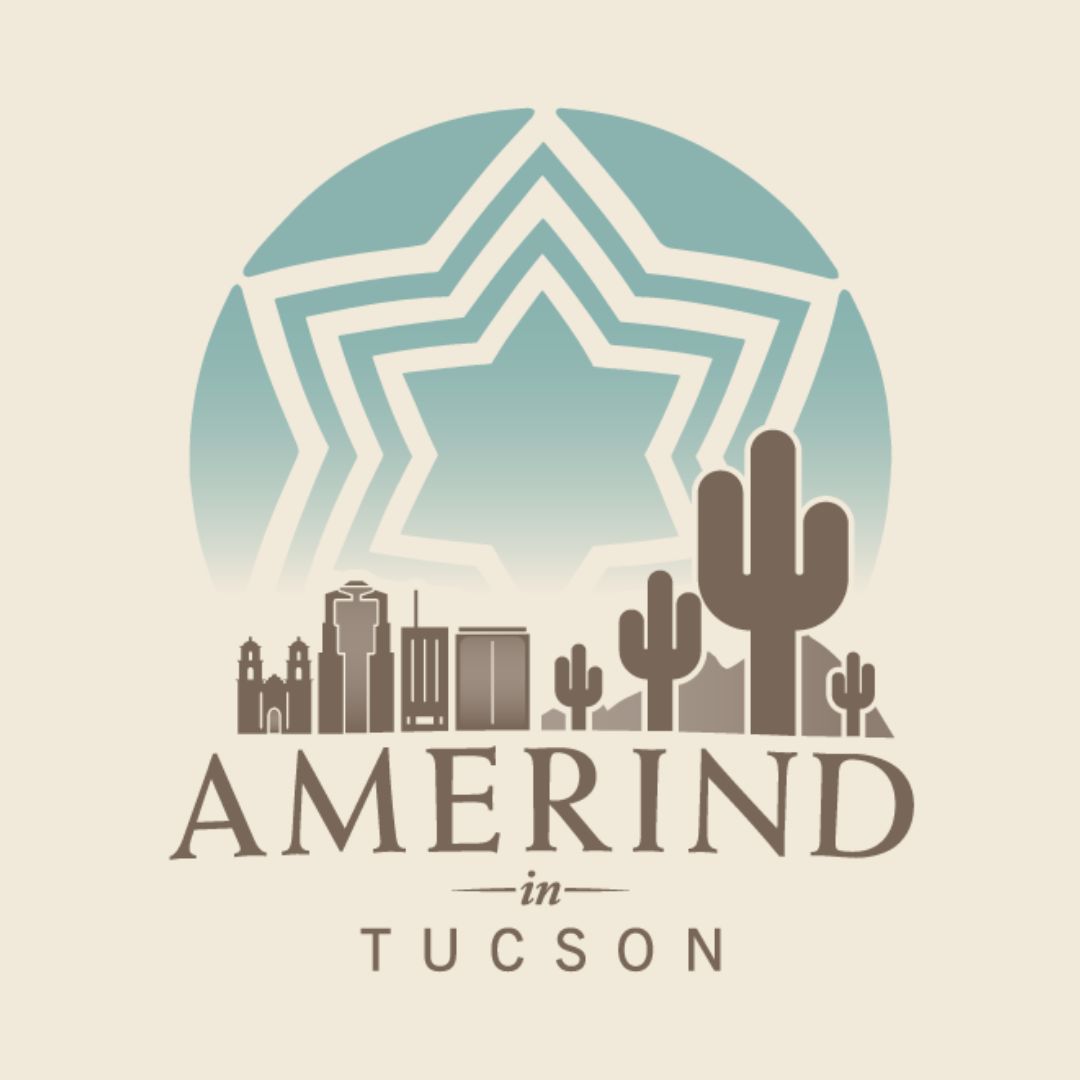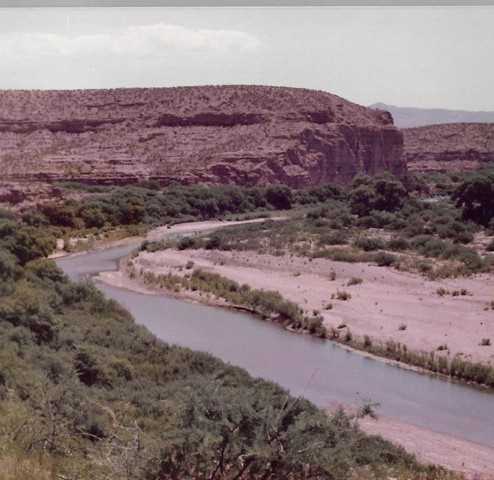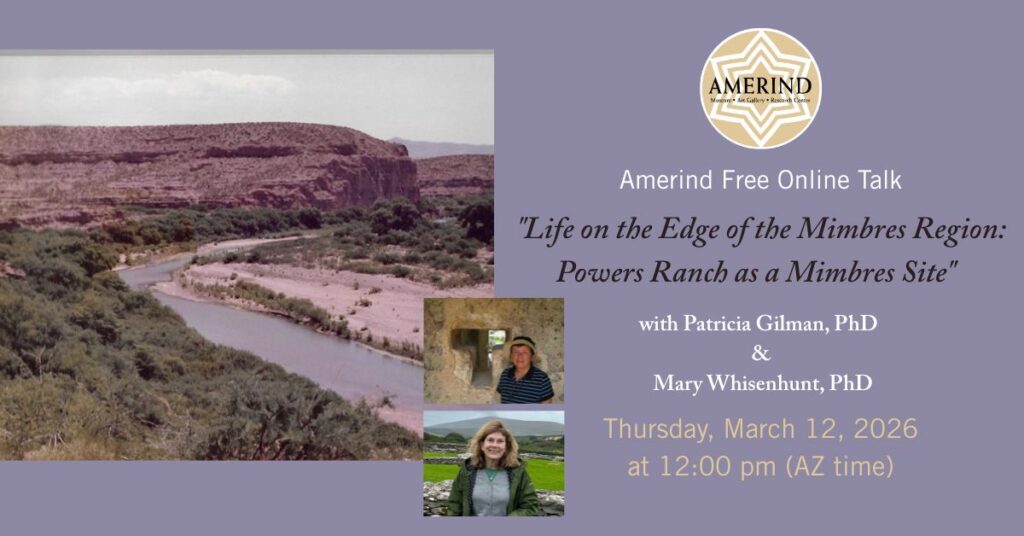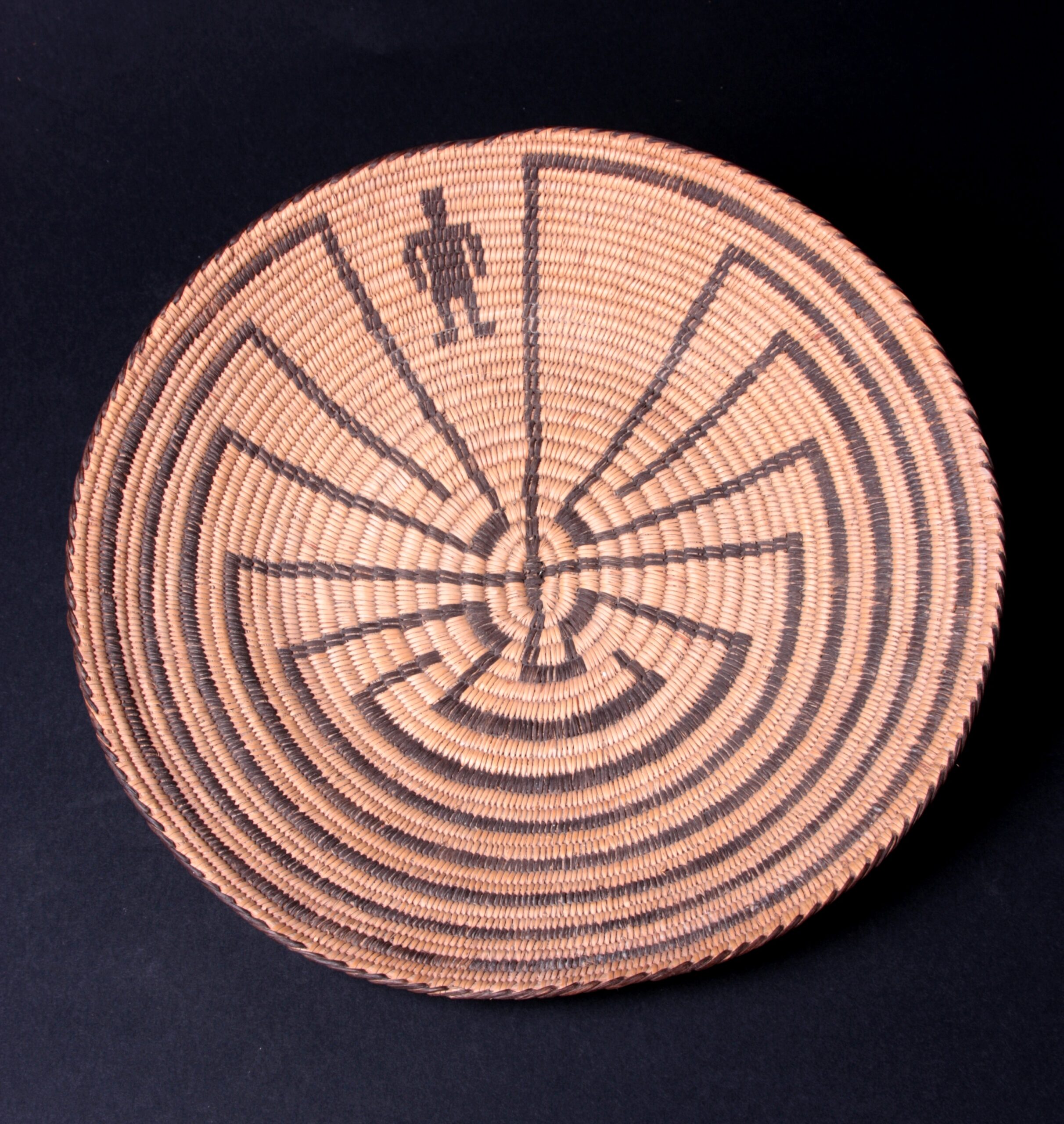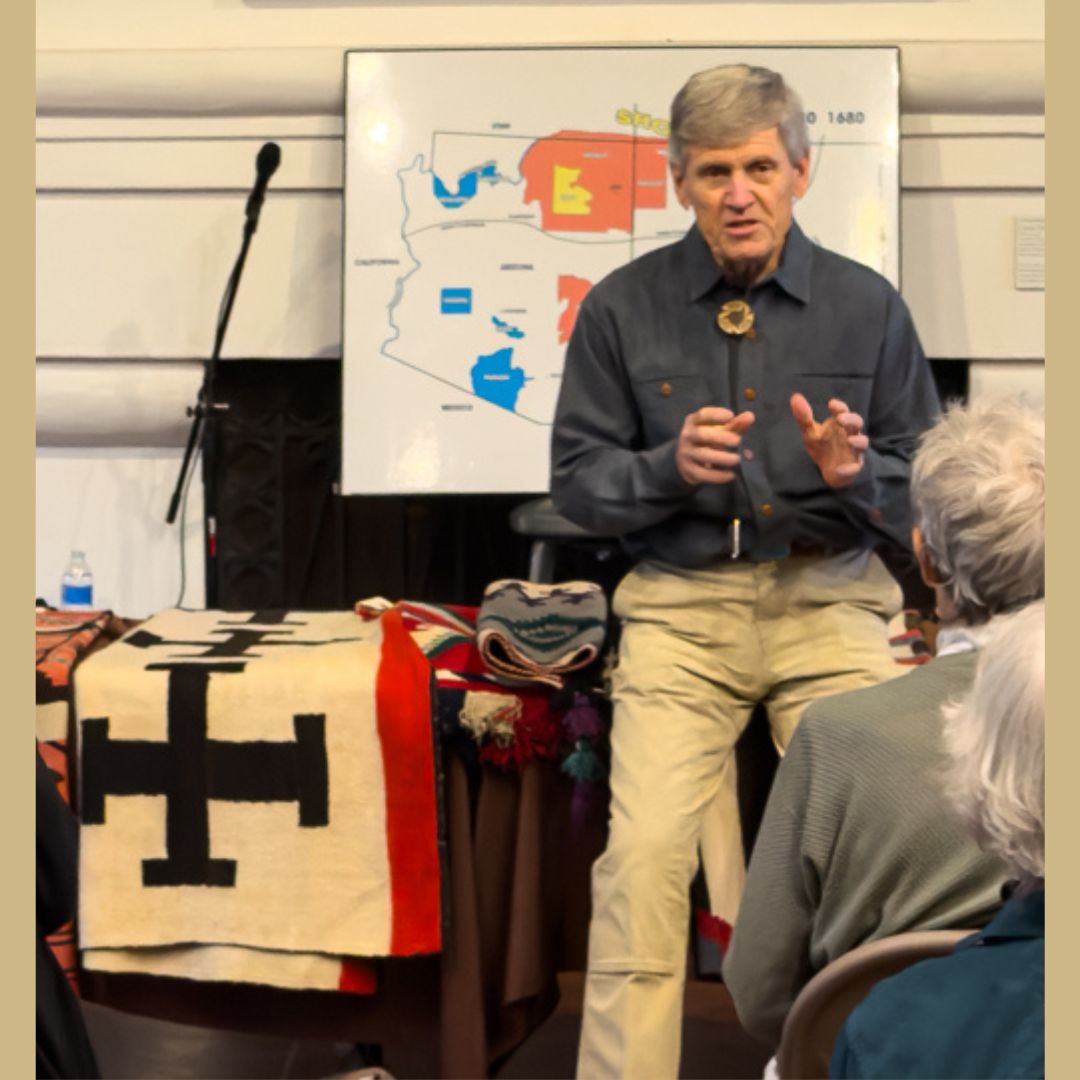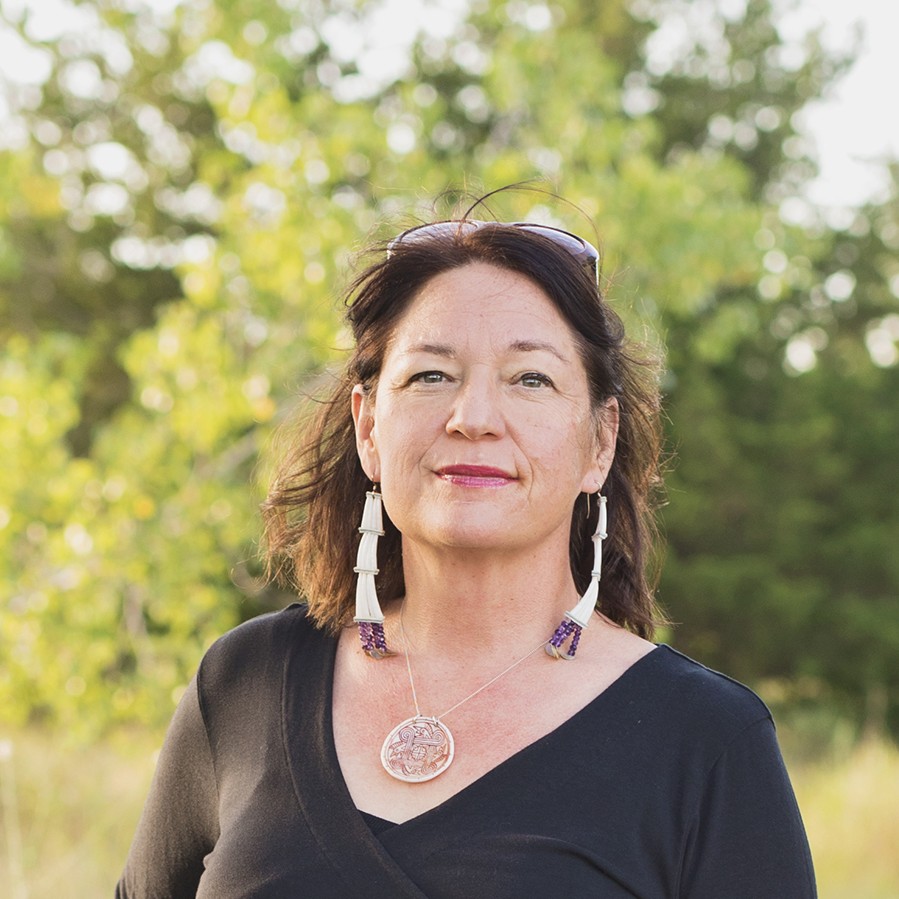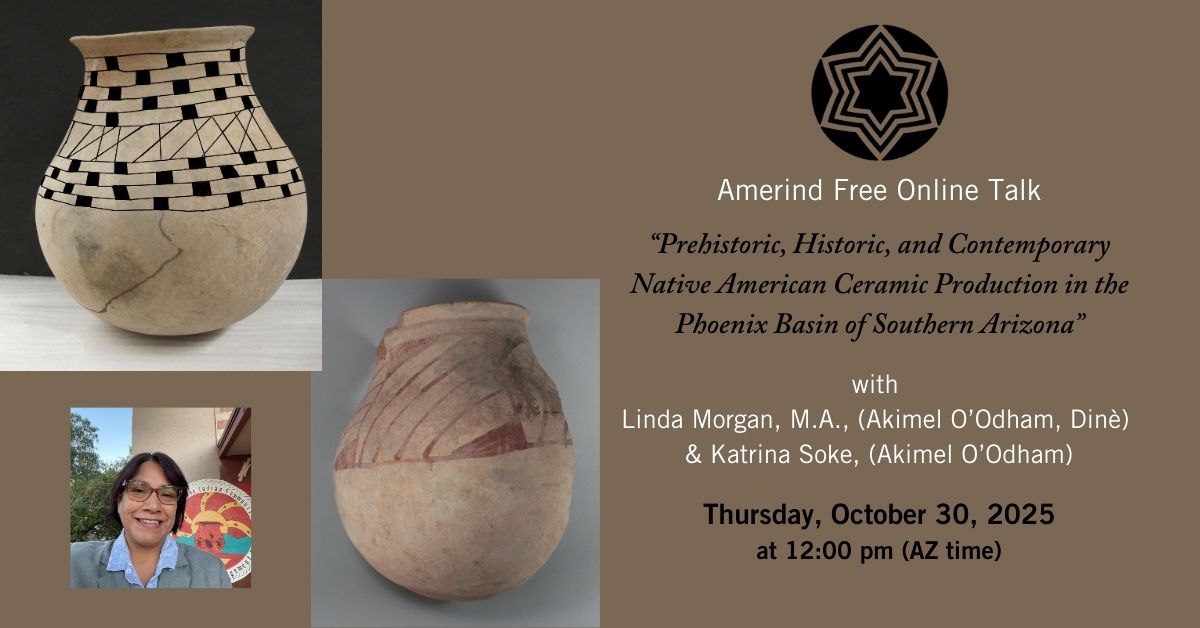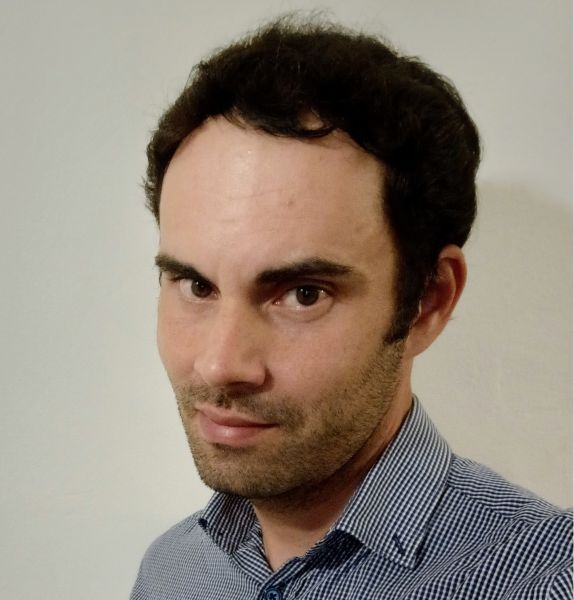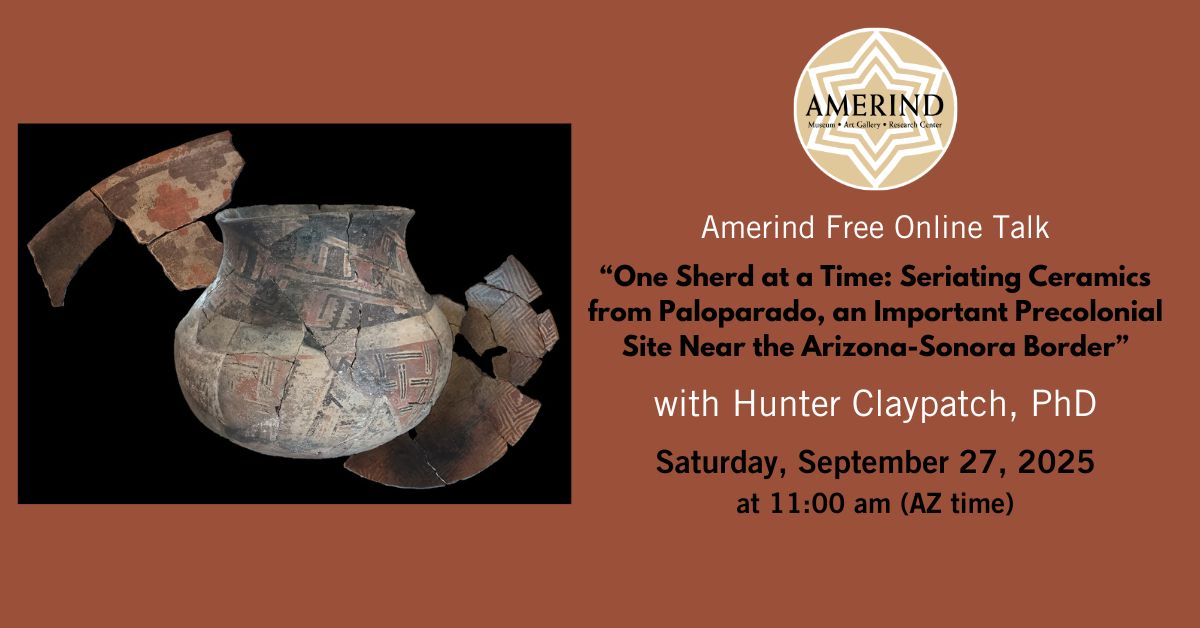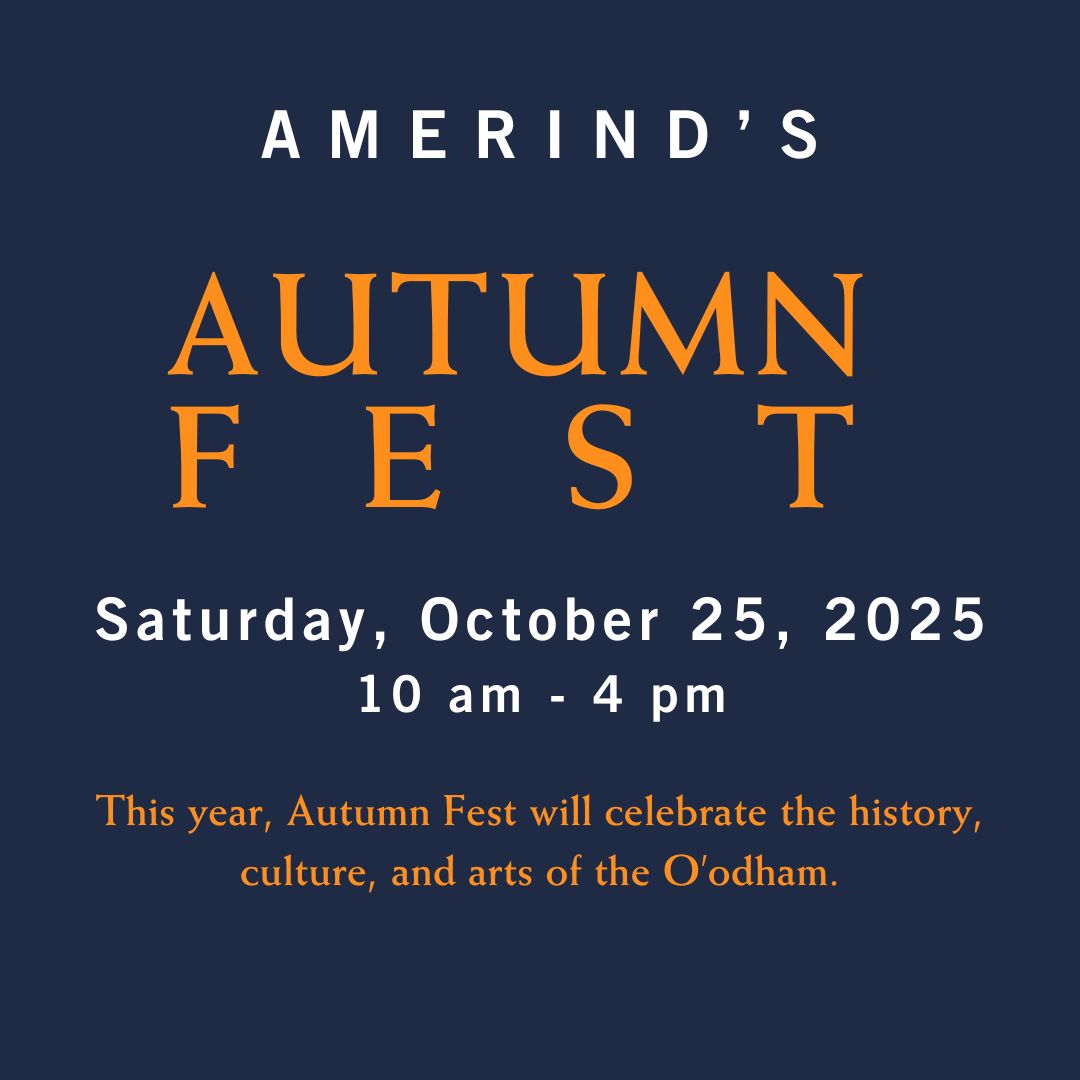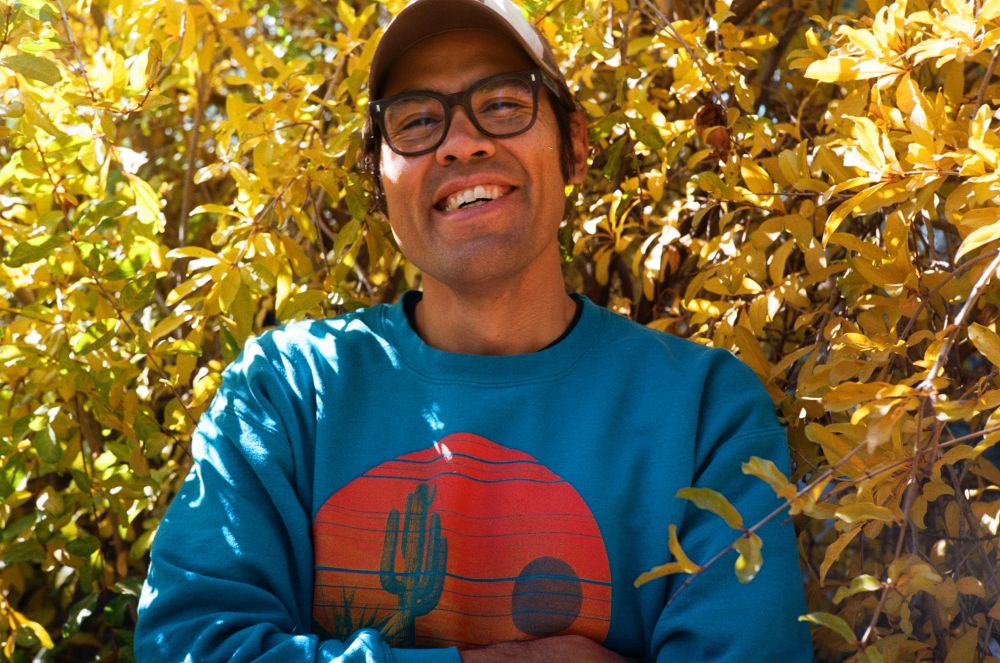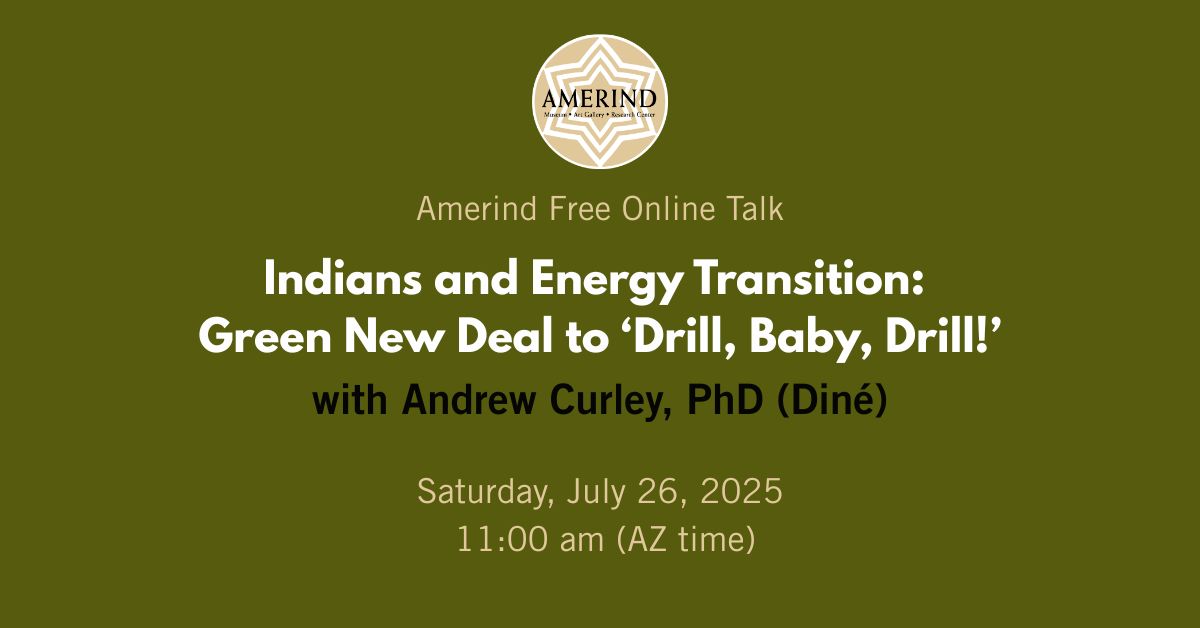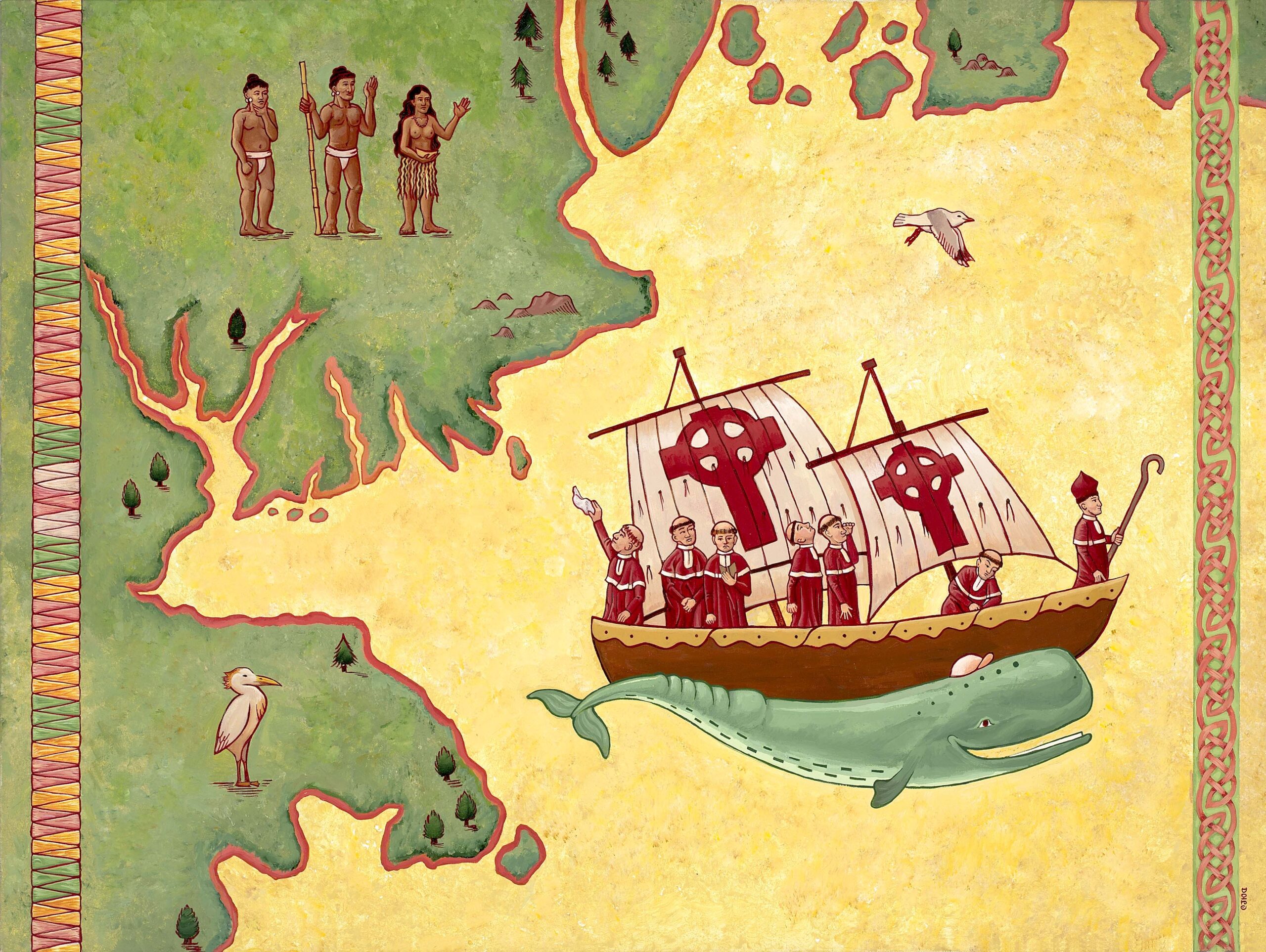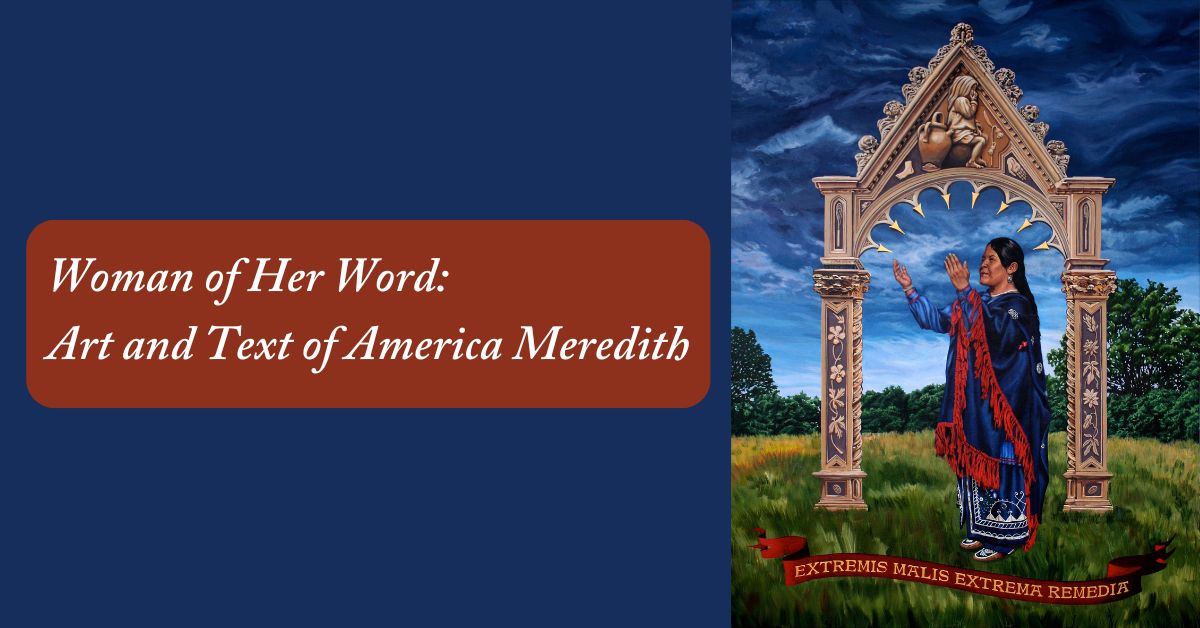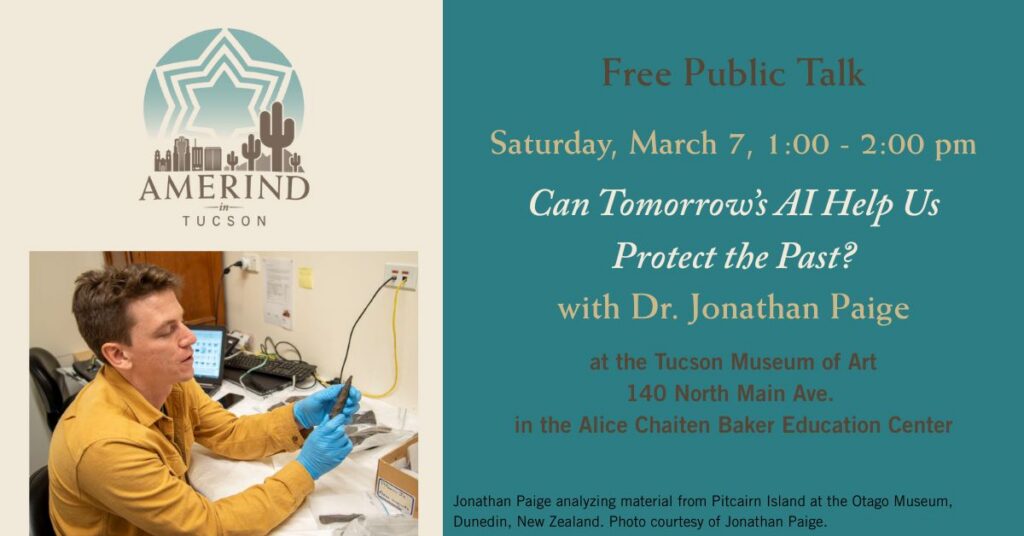
Free Public Talk Saturday, March 7, 1-2 PM, Tucson
Can Tomorrow’s AI Help Us Protect the Past?
with Dr. Jonathan Paige
Presentation will be at the Tucson Museum of Art, 140 North Main Avenue
in the Alice Chaiten Baker Education Center
Archaeological sites are an irreplaceable part of our human heritage. How can we best protect them? How can we best find them? How can we learn from them?
The archaeological record represents over three million years of human behavior. However, it is challenging for us to integrate data and information from projects carried out by generations of researchers. The challenge of integrating data needs to be overcome if we are to synthesize information about the record, answer big questions about the human past, and protect the archaeological record itself.
Dr. Paige and a team of global researchers with the Coalition for Archaeological Synthesis are examining ways that Artificial Intelligence can help the archaeologists of tomorrow. Paige discusses the results of their group’s work, focusing on current approaches in using AI to protect and study the archaeological record, and their vision for how AI may be used in the future.
About the Speaker
Dr. Jonathan Paige is a Co-Director and Research Scientist with the Cultural Resource Sciences program, Center for Applied Fire and Ecosystem Science, New Mexico Consortium. He studies the evolution of technologies, the role they play in human evolution, and how groups adapt to new and challenging environments. He also works with federal agencies on advancing their capacity to perform comparative research through machine learning, developing models to identify archaeological sites on remote sensing imagery.
Photo Caption: Jonathan Paige analyzing material from Pitcairn Island at the Otago Museum, Dunedin, New Zealand. Photo courtesy of Jonathan Paige.
We hope you will join Amerind in Tucson!
